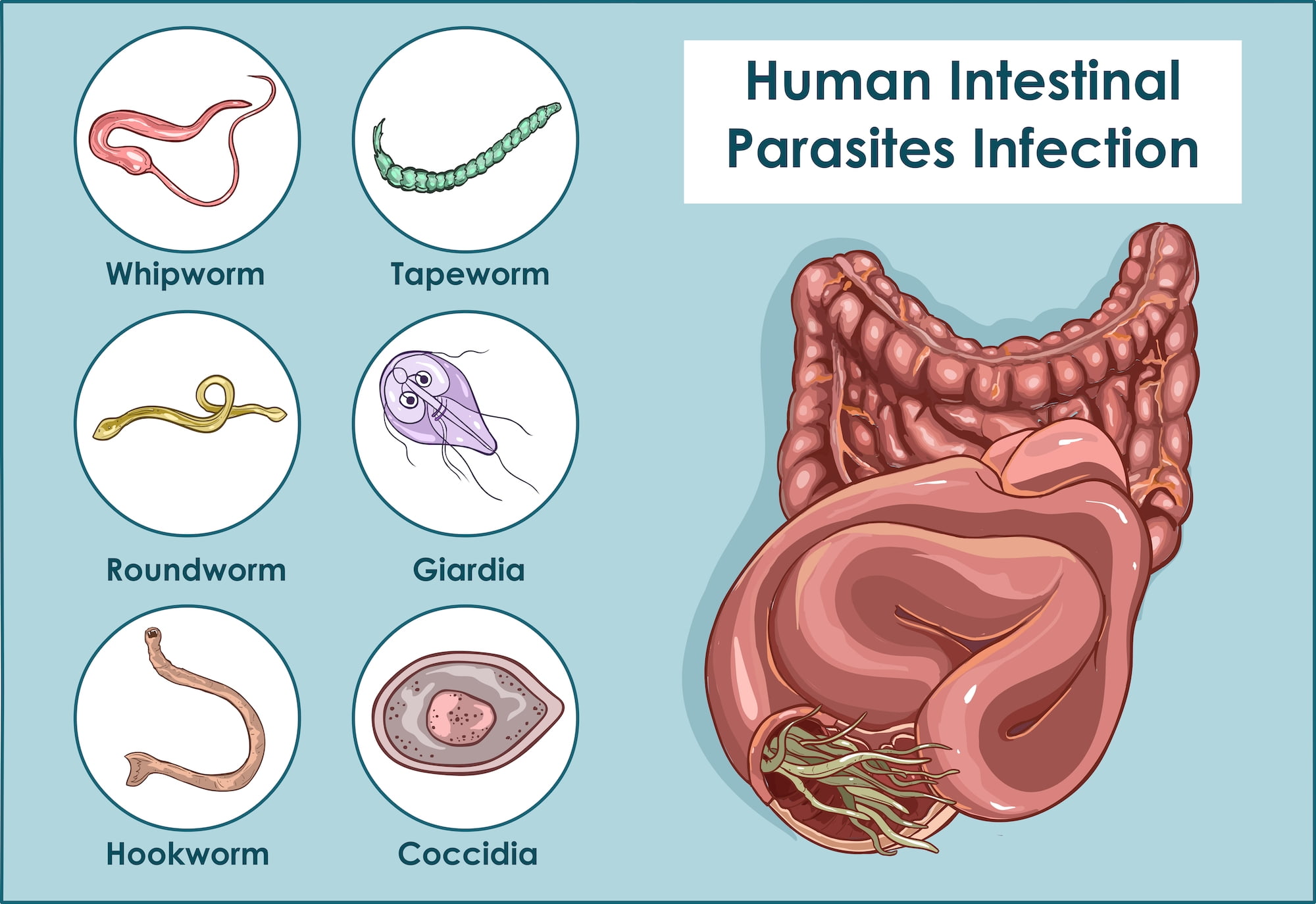
Could This Be You?
Okay, can I just ask… have you ever had one of those days (or weeks) where your gut feels totally off? Maybe it’s travel. Or just some mystery bug nobody can name. I had a stretch last year when I was so. dang. tired. My stomach was grumbling, I felt gross after meals, and honestly? I started Googling way too much. Turned out, after a talk with my doctor (and my favorite health-nerd friend), I was deep-diving into the world of—wait for it—parasites.
Yep. Parasites. I know, it sounds like something from a textbook or a sketchy travel horror story, but here’s the truth—it’s way more common than anyone admits. You can get them from water, food, pets, or travel. Heck, you can just exist in the world and still pick up an uninvited guest.
But before you freak out and start stockpiling supplements, pause. Because while talking with friends (and an embarrassing amount of late-night forum scrolling), I spotted a cool trend: turns out, foods that kill parasites in humans actually exist. And—bonus—you probably already have a few in your kitchen.
Why Does No One Talk About This?
Let’s get real: people never want to talk about this stuff. It’s awkward, kind of gross, right? But ignoring parasites doesn’t make them go away—they just get comfier. And the classic symptoms? Bloat. Cramps. Weird rashes. Massive fatigue. Unexplained weight changes. Honestly, it’s a mess.
Sometimes, it feels like your body is trying to send up a little SOS signal. (My signal was feeling bloated for two weeks after a family barbecue. Glamorous? No. But it definitely got me curious.)
So—what can you actually do, besides hiding under a blanket? Well, you can start with your plate.
What Parasites Really Do
Quick science moment: parasites are little freeloaders. They live off your body (gross, yes), sapping energy, vitamins, and sometimes making you more prone to infection or chronic illness according to functional nutrition research.
Doctors often recommend prescription meds for severe cases. But if you’re looking for gentle strategies, real food is a smart (and less scary) way to support your gut and immune system. Plus, you can combine natural approaches with best medicine to kill parasites in humans if your doctor gives the green light.
Meet Your Parasite-Fighting Pantry
So, what foods that kill parasites in humans should you be eating—or doubling up on? Let’s walk through five that keep coming up in solid research, folk wisdom, and my slightly obsessive food experiments. These aren’t miracle cures, but the evidence is honestly promising.
Garlic: Your Stinky, Trusty Sidekick
Where do we even begin with garlic? I used to think it was just for adding punch to pasta. Then I read garlic has real, proven antiparasitic magic. It’s loaded with allicin—a compound that doesn’t just fight vampires (ha!), but also fights pinworms, giardia, and even some nasty protozoa according to Rupa Health.
I tried eating it raw once. (Confession: I did not make any new friends that day.) But even regular cooked garlic gives you benefits, so chill—you don’t need to pop whole cloves and terrify your neighbors.
Garlic in Real Life
I started tossing extra minced garlic in soups and salad dressings. My grandma swears by garlic oil on toast. We even had a family garlic-eating contest once at Thanksgiving (don’t ask, we’re weird). All I know is, every cold and upset tummy seemed to bounce off me that winter. Coincidence? Maybe. Or maybe… garlic is just kind of a wizard.
| Benefit | How It Fights Parasites |
|---|---|
| Antimicrobial | Kills worms and some protozoa |
| Immune Boosting | Helps defend against new infections |
Side question: Have you tried eating garlic raw? Respect. But I also found roasted garlic tastes like candy, so… experiment and let me know!
Pumpkin Seeds: The Crunchiest Hero
Okay, if you flip past garlic, stop right here. Pumpkin seeds—yes, those little green things you pick out of granola—are powerhouse foods that kill parasites in humans. They’re packed with cucurbitacin, a fancy word for a natural compound that basically stuns parasites so your body can send them packing real science backs this up.
They’re also easy. Sprinkle on oatmeal. Snack them straight. Throw into bread dough. (My weirdest invention: pumpkin seed pesto. Surprisingly awesome!)
Pumpkin Seeds: Anecdote Time
My best friend, total health skeptic, ate a big handful daily after a “mystery stomach bug.” A month later? She said her gut felt like it hit the reset button—way less bloat, more regular (you know what I mean), and better energy. Not a scientific study… but do you ever just know when something makes a difference?
Plus, they’re a lot gentler than a full-on parasite cleanse. Speaking of which—if you’re curious about what doesn’t help, here’s a little bonus: avoid feeding the bugs! Check out foods to avoid with parasites for a no-go snack list.
Papaya: Sweet, Bright, and Sneaky-Strong
I never actually liked papaya until I discovered its seeds… total plot twist. Turns out those peppery little centers are where the real antiparasitic action hides. Why? Papain and carpain—two enzymes proven to damage parasite proteins and stop them in their tracks according to holistic medicine.
It’s not just a “maybe” thing—some small studies actually showed eating papaya seeds cleared parasites in kids’ stools. (Honestly, I wish someone had told me this when I was a travel-loving student with a gut of steel—would have saved a lot of awkward afternoons.).
How to Sneak in Papaya Seeds
Here’s what I do now: I whip the seeds into my morning smoothie. Adds a sharp, peppery kick. Or just eat a couple straight. Don’t go overboard—they’re potent! You can also dry and grind them to use as a spice. (Random: I once tricked my brother into eating papaya seed salsa. We still argue about whether he felt ‘energized’ or just surprised!).
| Fruit | Parasite-Fighting Part | Flavor/Use |
|---|---|---|
| Papaya | Seeds (papain & carpain) | Peppery, eat raw, dry, or in smoothies |
| Pomegranate | Seeds/juice (ellagitannins) | Tart, toss on yogurt, salads, or juice |
Juicy Powerhouse: Pomegranate
If beauty foods scored points for hidden skills, pomegranate would win. Gorgeous, kind of mystical, packed with antioxidants… and, oh yeah, proven to help flush out certain parasites. The kicker? It’s got ellagitannins, plant chemicals that mess up protozoa and helminths multiple studies highlight this.
I usually just throw a handful of seeds into a bowl of yogurt or eat the plain fruit. You can also sip the juice if you’re on the run. Some holistic coaches love pomegranate tea—yup, that’s a thing.
Story Break: Pomegranate Tea in Paris
A French friend made me pomegranate tea every morning when I was visiting her after a long work trip. Did my tummy finally feel normal after weeks of travel? Yes. Was it just the good company or the actual fruit power? We’ll never know. But I still drink pomegranate tea anytime I feel a little “off.”
Hot tip: Mix pomegranate seeds with chopped papaya and pumpkin seeds. Tastes like vacation… and, apparently, gives parasites the boot too.
The Unsung Hero: Barberry
Barberry is that food you only learn about if you know a nutritionist, have a Persian grandma, or spend way too long reading about gut health. But let me tell you—it packs a quiet punch. Barberry contains berberine, a compound long used (we’re talking ancient roots) as nature’s antiparasitic Healthline lists it as one of few plant compounds with promising data.
You might find it as a dried berry, syrup, or supplement. Just a heads up: barberry can interact with medications, so talk to your doc if you take anything specific.
Story: My Accidental Barberry Obsession
I discovered barberry at a friend’s wedding—gorgeous Persian rice flecked with little red gems. She joked they ‘cleansed the soul and the gut.’ I just thought they tasted awesome. Imagine my surprise finding out later that barberry is a legit traditional remedy for gut bugs (and… maybe hangovers?).
If you’re on a supplement routine and want the strongest tools, check with your healthcare pro. You can even ask about combining foods that kill parasites in humans with best medicine to kill parasites in humans for more stubborn stuff.
Wait, So Just Eat These and I’m Good?
Okay, here’s where we slow down for a second. Food is amazing but not magic—and parasites can be tenacious. The foods above stack the odds by making your gut a “bad neighborhood” for pests. But if symptoms stick around, or things get worse, check with a doc. (Some bugs really do need prescription help. Promise nobody will judge.)
Another key: don’t accidentally feed the enemy. Parasites thrive on sugar and junk food, so pairing these healing foods with smart choices—like the tips over at foods to avoid with parasites—gives your body a bigger edge.
What Not to Overlook
- Hygiene, obviously. Hand washing is not just for avoiding colds.
- Cooking meat thoroughly. Rare steak may taste nice, but… you know.
- Clean water. Especially when traveling—trust me, it’s worth the hassle.
If you’re truly struggling, there’s also medical backup. Seriously—sometimes you need the best medicine to kill parasites in humans naturally alongside food strategies, especially for persistent cases.
So, What’s Next for Your Gut?
I hope you’re leaving here feeling a little less weirded out… maybe even a bit empowered? There’s a comfort in knowing that the weird symptoms can have a natural, tasty fix (and no, you don’t have to start chomping raw garlic at every meal—unless you’re into that kind of thing).
Start simple: pick one food—let’s say you try a week of pumpkin seeds on your breakfast. Or, grab a papaya, scoop out the seeds, and let me know what you think (spicy!). Maybe add a punch of garlic to pasta night. Easy, right? Sometimes the little moves stack up to make the biggest changes.
So—have you tried any foods that kill parasites in humans? Got a family food trick, or a travel disaster-turned-gut-miracle to share? Drop a comment, message your friend, or just laugh about how normal all of this actually is. Your gut deserves some fun and some care. Here’s to feeling light, energetic, and fully you… from the inside out. Now go check your spice rack—and maybe your travel plans, too. You’ve got this!


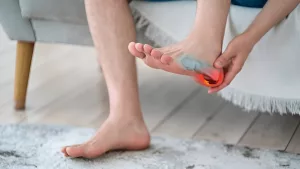



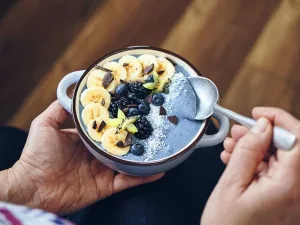

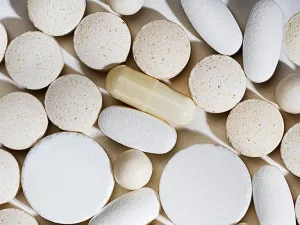
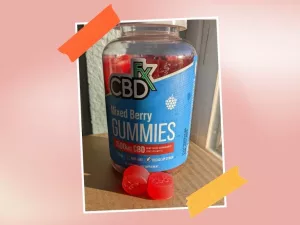


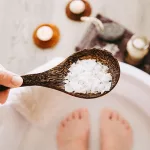
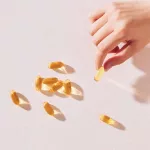











Leave a Reply
You must be logged in to post a comment.